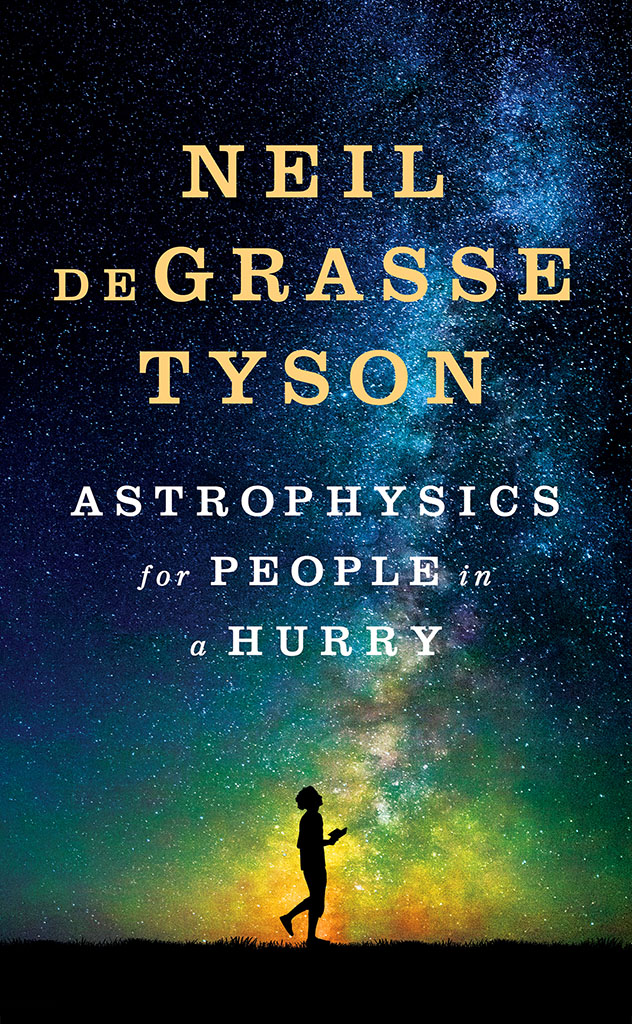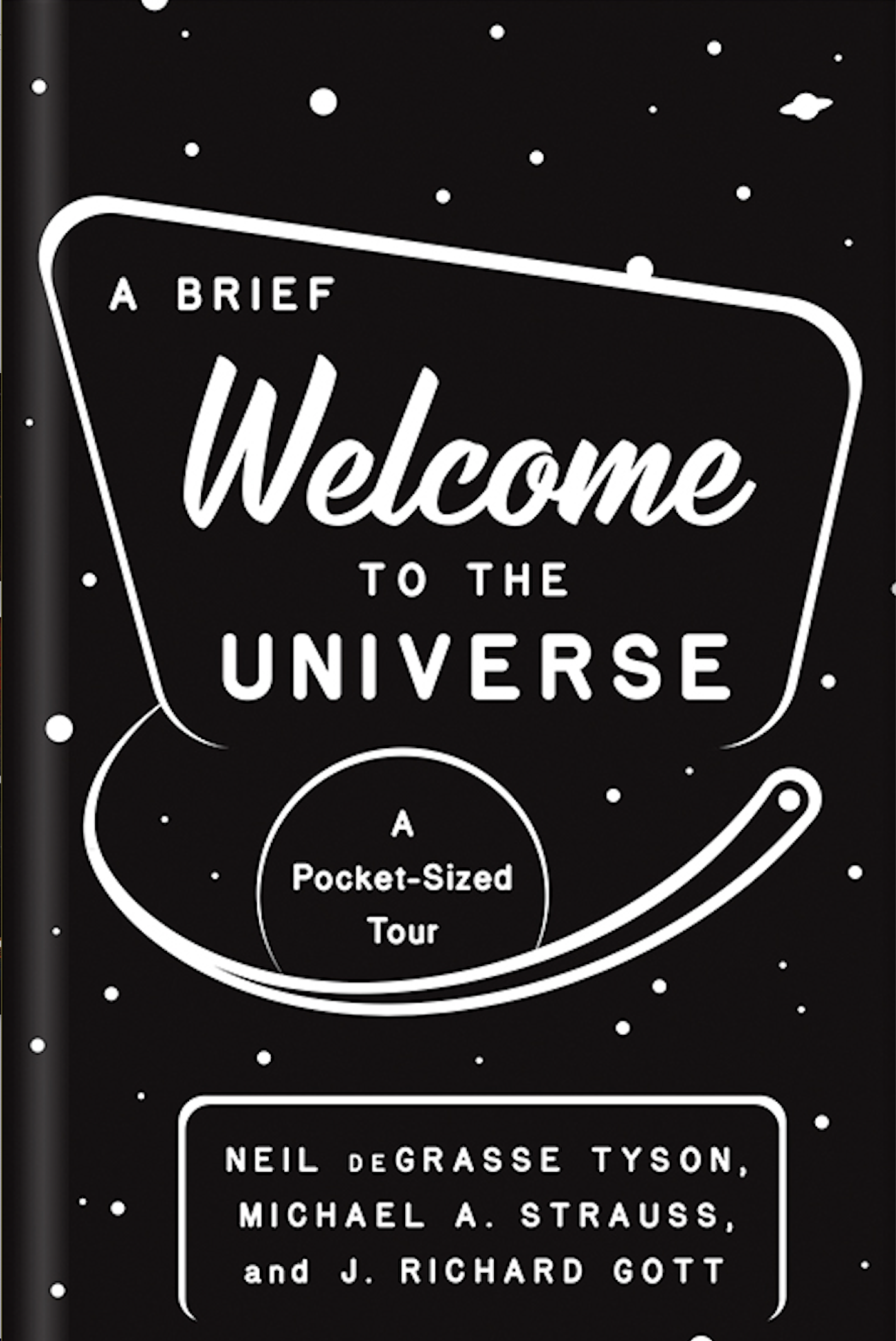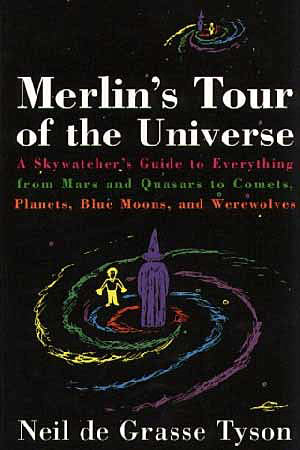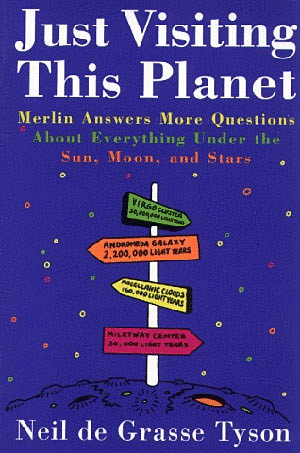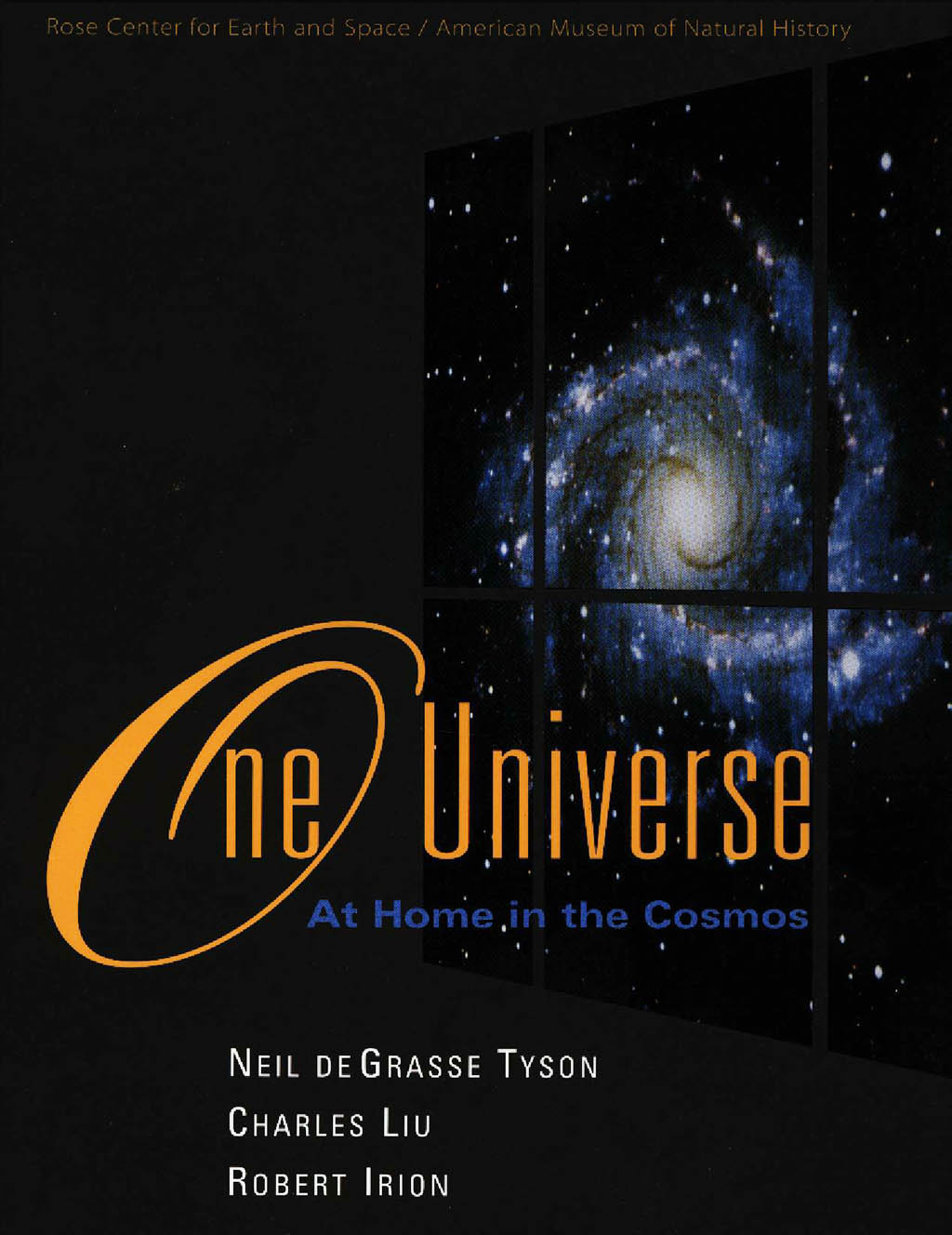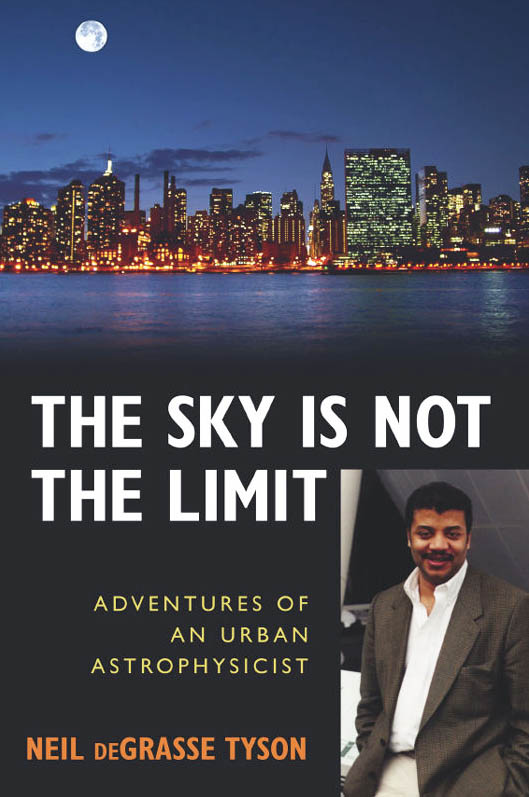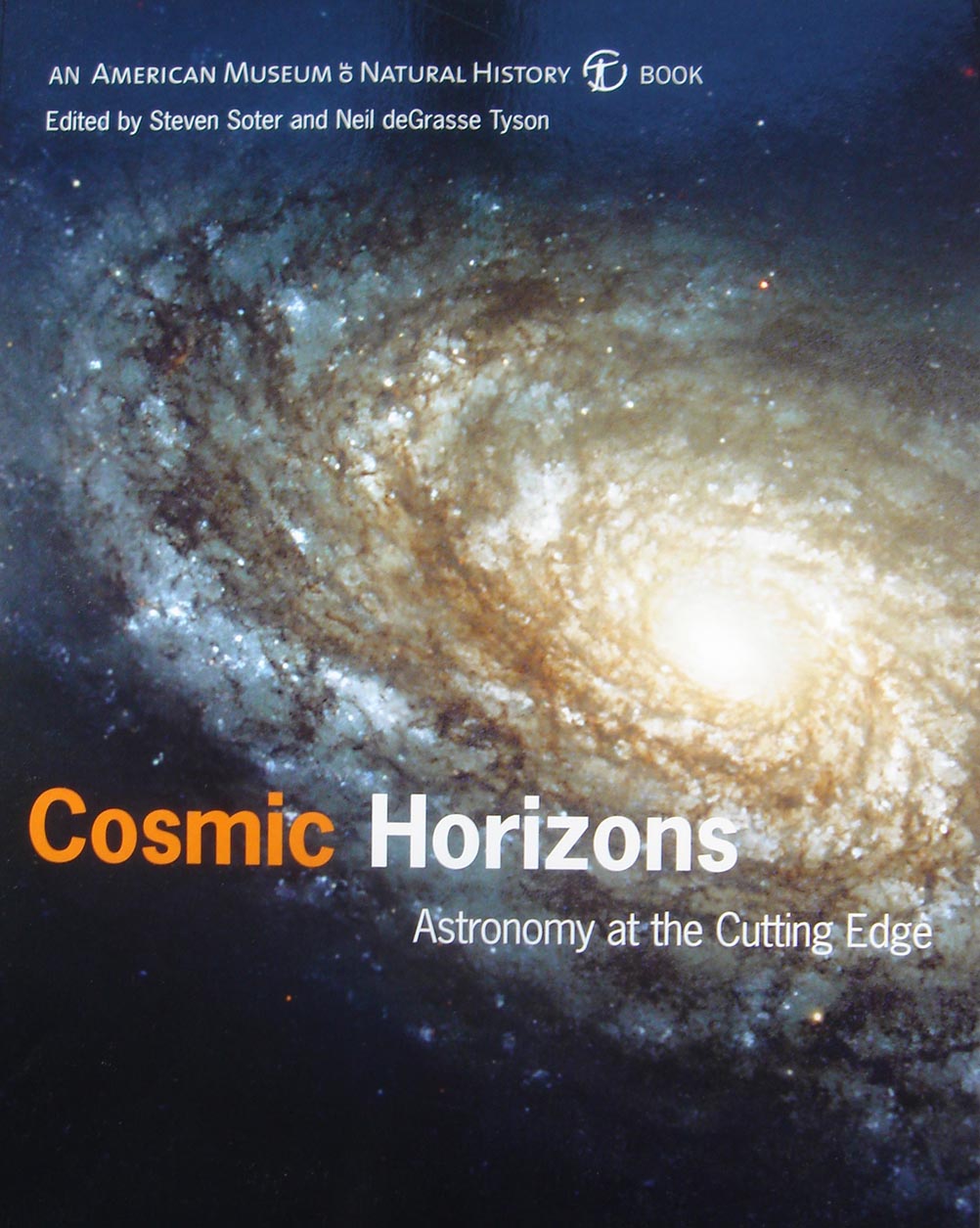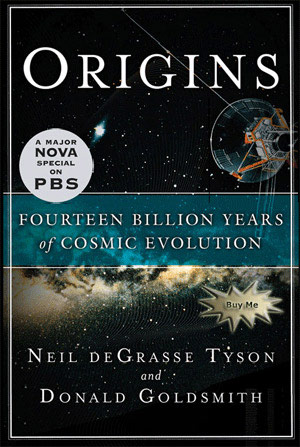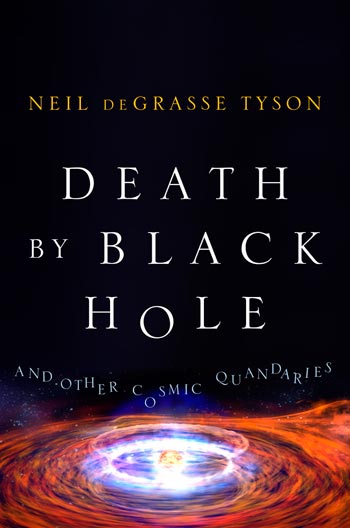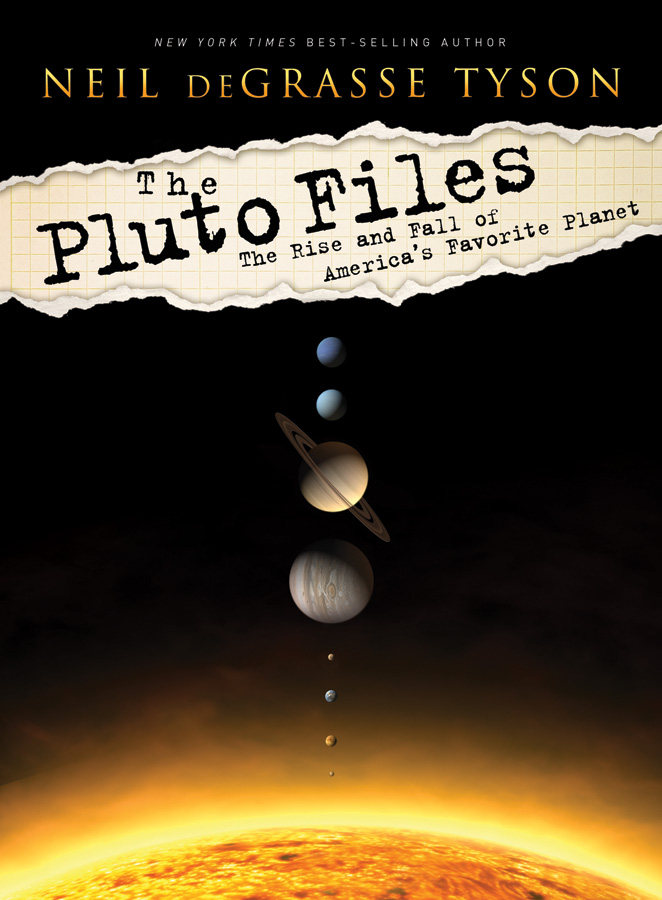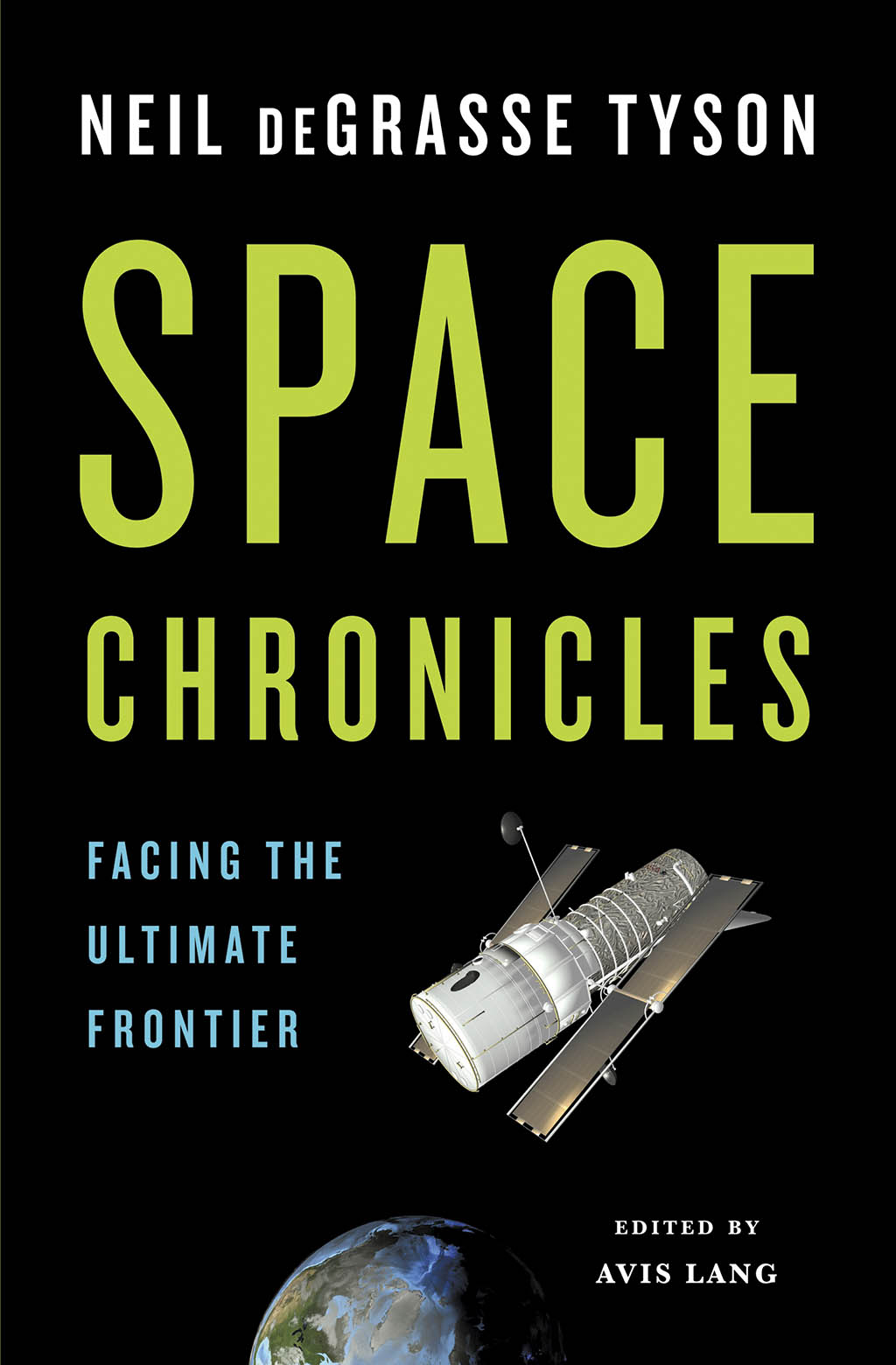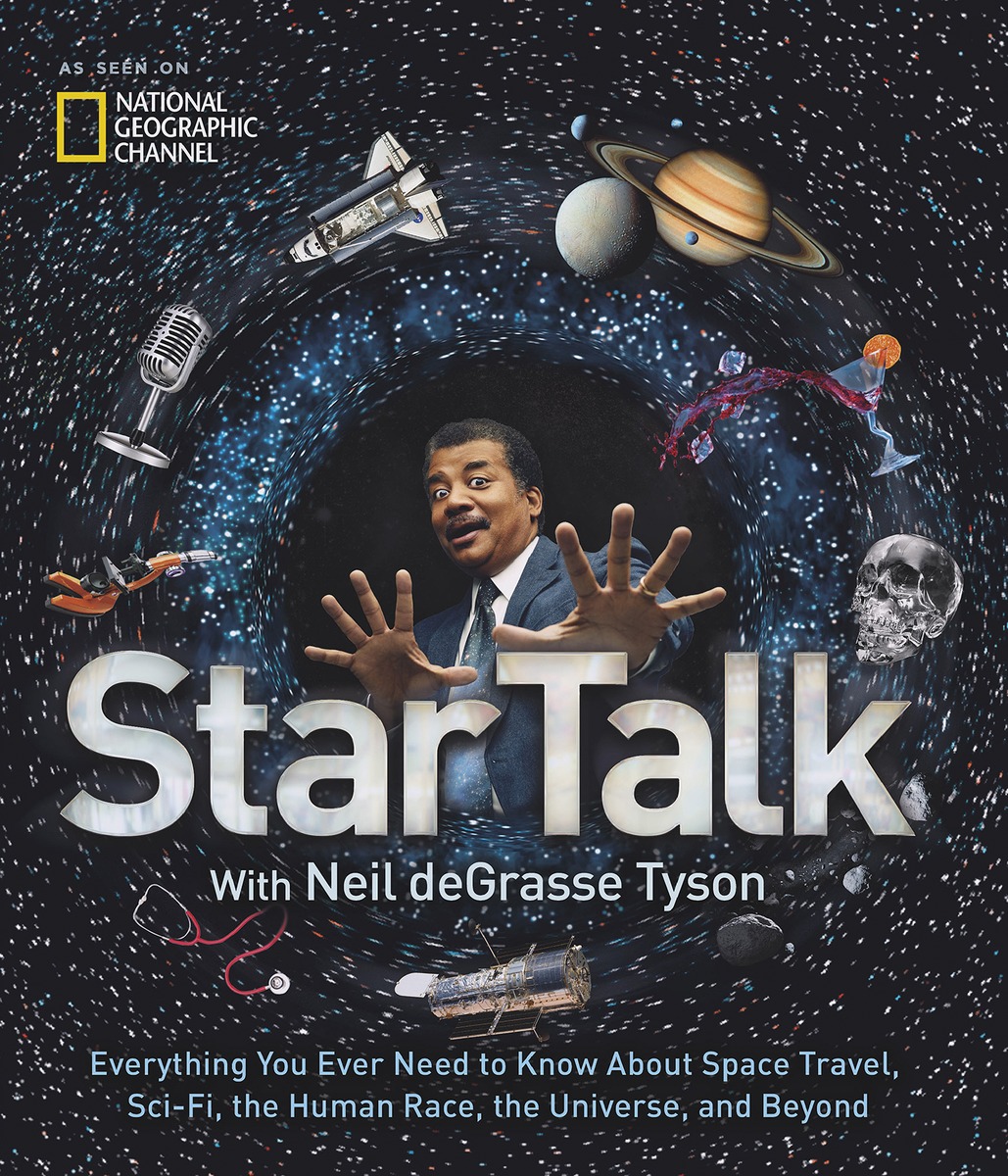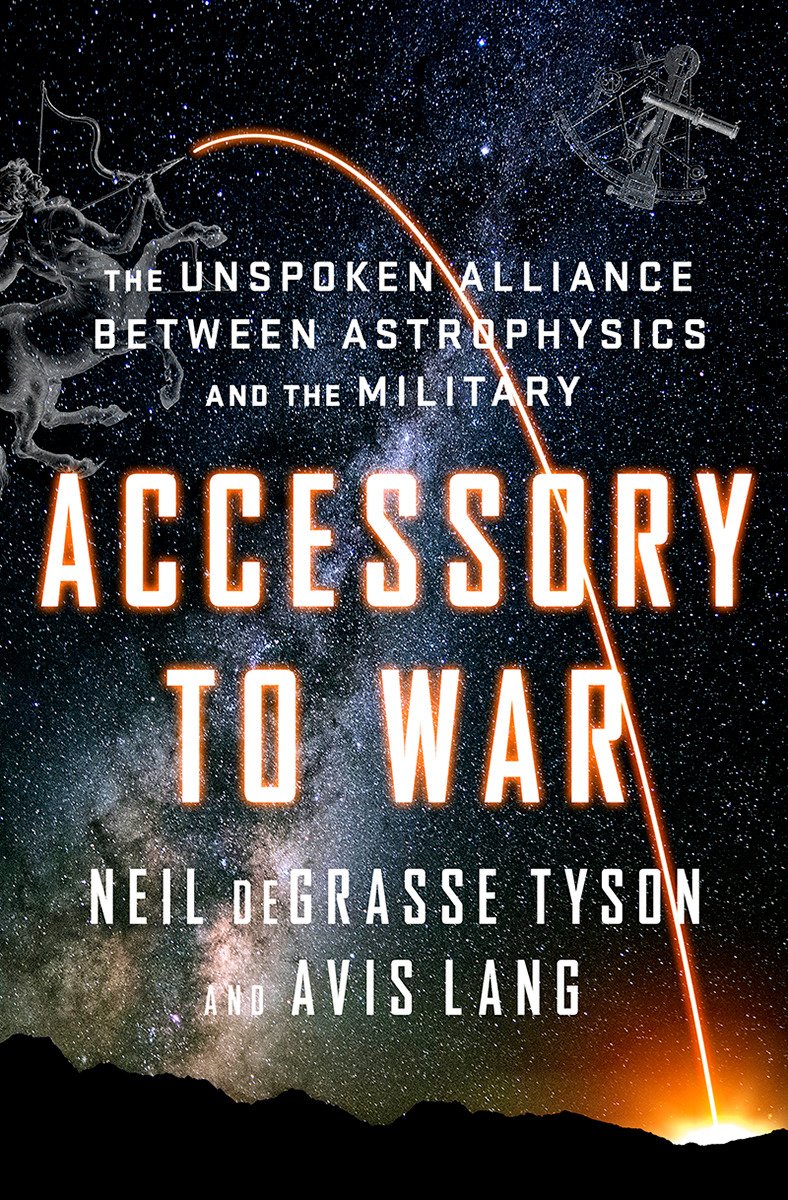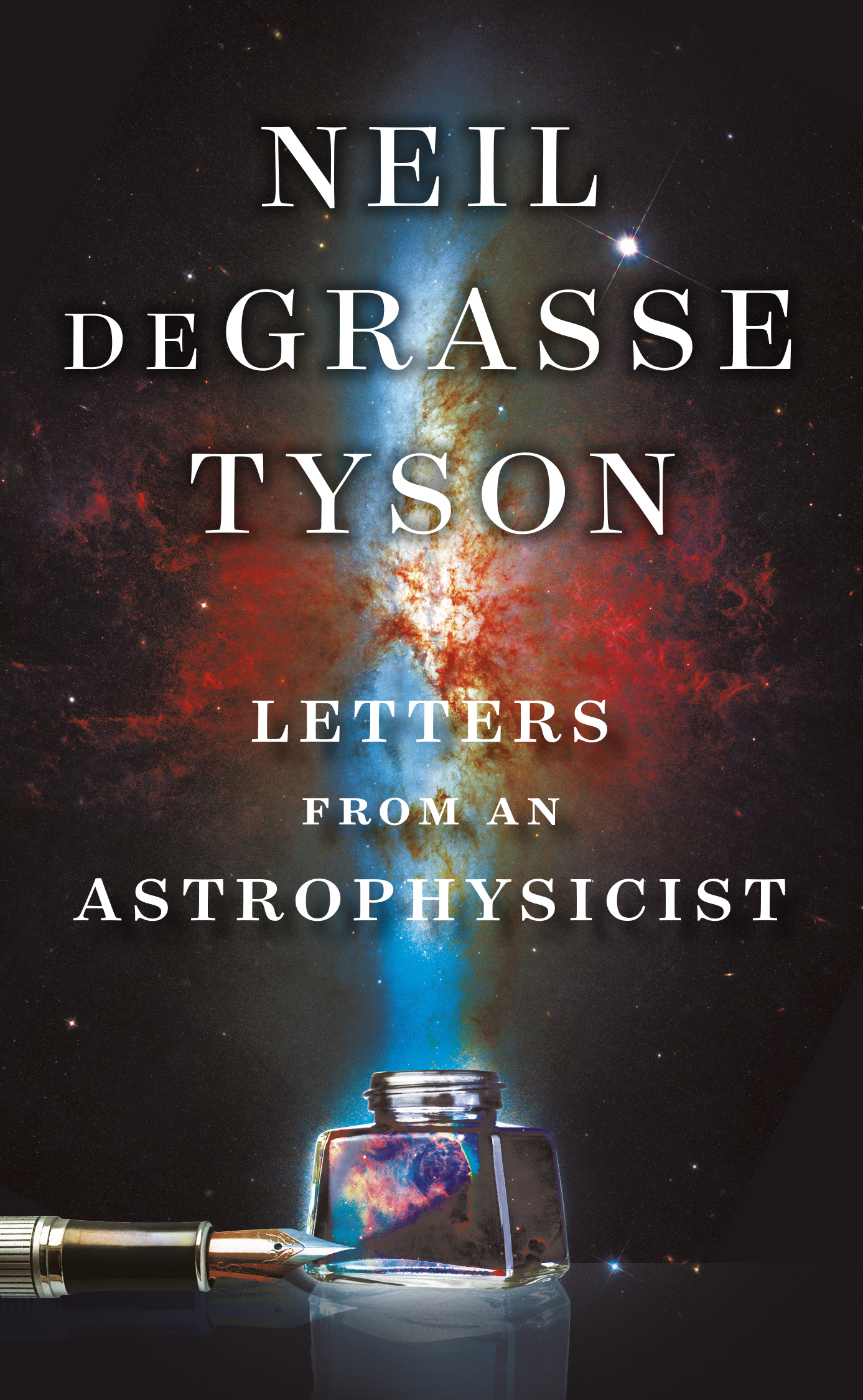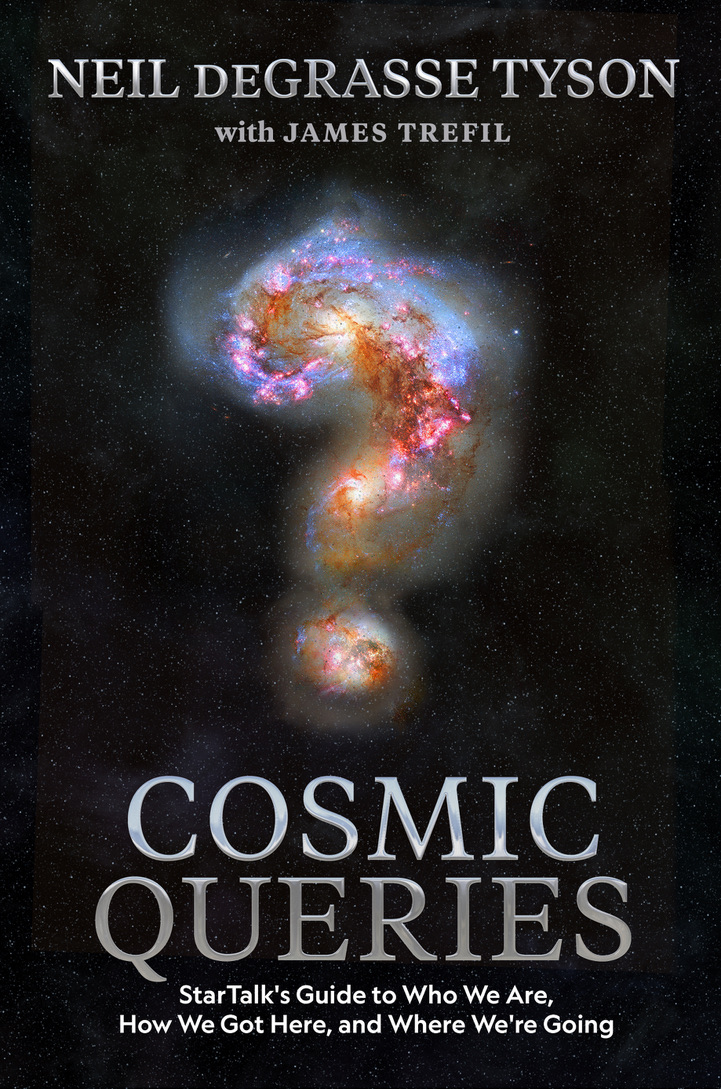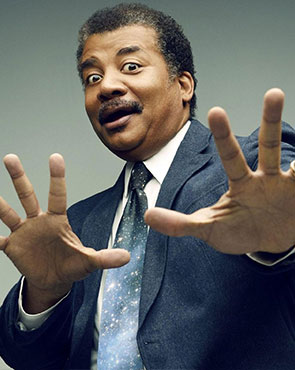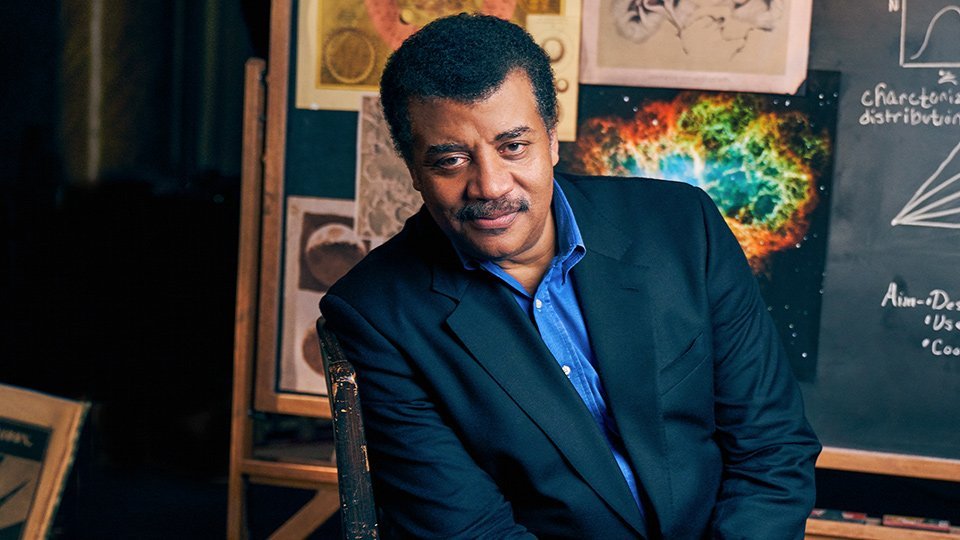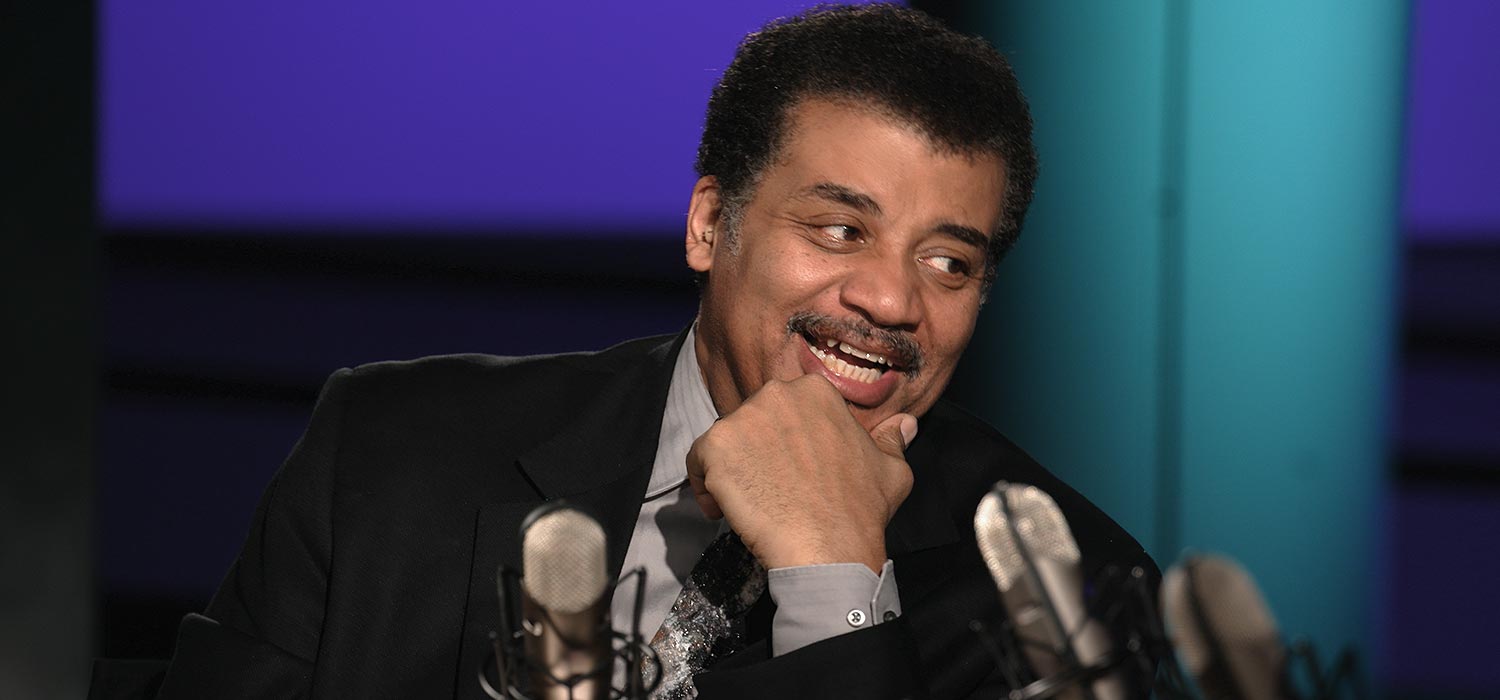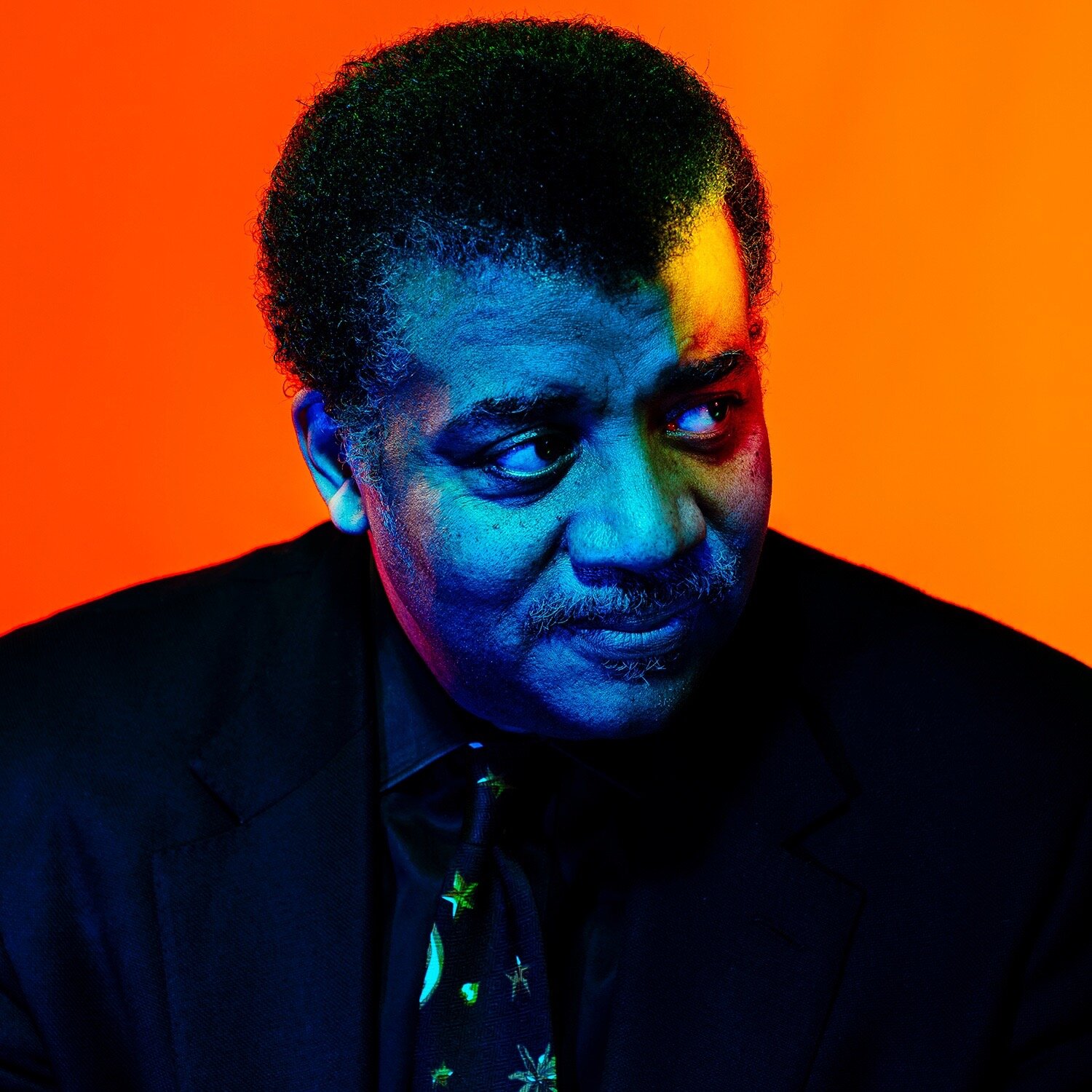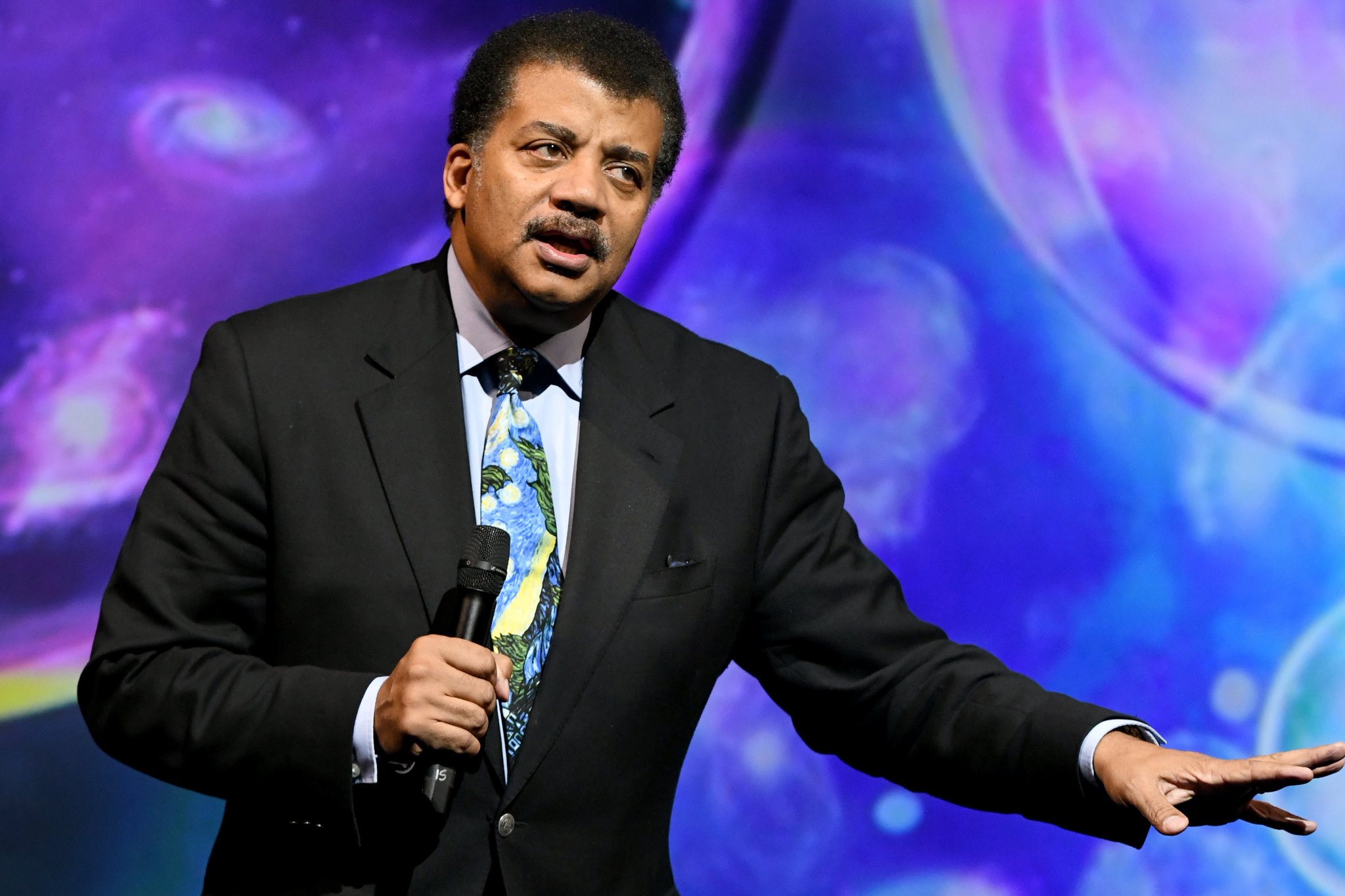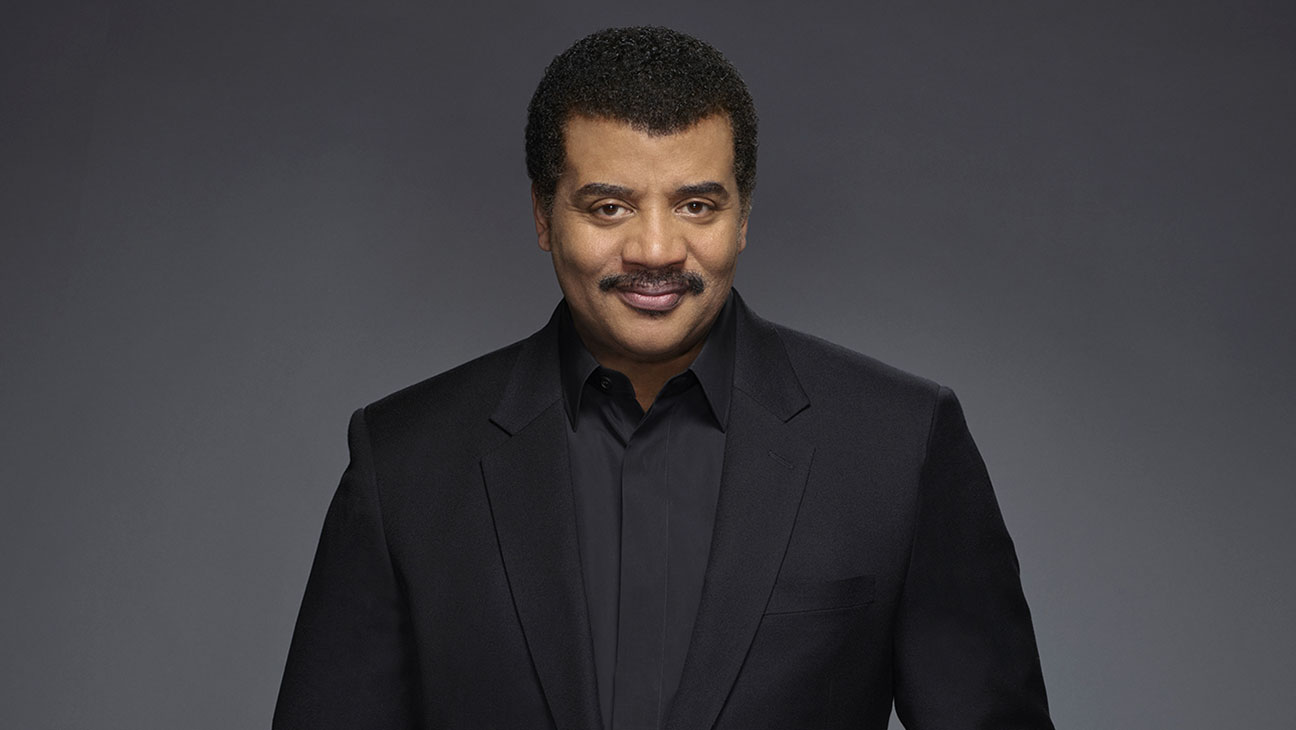Biography
The Neil deGrasse speeches examine the misconceived notion that private enterprises and privatizing will lead to a more advanced future in space exploration. DeGrasse believes that funding private enterprises will not increase how fast missions to space are launched and how much scientific progress is made with regard to space.
As an American astrophysicist and science communicator, deGrasse possesses a thorough understanding of space exploration and galaxy-purveying technologies. In terms of his education, Tyson earned a Bachelor of Arts in Physics from Harvard University and a Master of Arts in Astronomy. He also holds a Master’s in Philosophy in astrophysics and a Ph.D. in astrophysics.
Currently, he is both the Frederick P. Rose Director of the Hayden Planetarium and a research associate in the American Museum of Natural History’s astrophysics department. Prior to this, deGrasse held teaching positions at the University of Maryland and Princeton University. As a result of his astronomy expertise, deGrasse was appointed by President George W. Bush to serve on the ‘Commission on the Future of the United States Aerospace Industry,’ as well as the ‘President’s Commission on Implementation of United States Space Exploration Policy.’
deGrasse has been honored with countless awards like ‘Medal of Excellence’ from Columbia University and the ‘NASA Distinguised Public Service Medal’ due to his insightful research. He was also named one of ‘Time Magazine’s 100 most influential people in the world.’
deGrasse’s extensive written work on space exploration and astronomy was featured and quoted in numerous publications, including Natural History magazine and The New York Times. In conjunction with this, deGrasse also authored multiple space-oriented books such as Space Chronicles: Facing the Ultimate Frontier and ‘The Sky Is Not the Limit: Adventures of an Urban Astrophysicist.
Although privatization does play a small role in space exploration, the Neil deGrasse speeches suggest that private enterprises should not be relied on for the future of deep space exploration.
Videos
StarTalk on YouTube Trailer
Neil deGrasse Tyson | Black Holes, Quantum Physics, Aliens, Reality | EP 4
Science in America - Neil deGrasse Tyson
Neil deGrasse Tyson - Debating Aliens, Time Travel, Speed of Light - Jim Norton & Sam Roberts
Joe Rogan Experience #1159 - Neil deGrasse Tyson
Booksby Neil Degrasse Tyson
Blog Posts

Financial Planning in 2026 Requires a Clear Strategy
Have you noticed that the internet has never given more financial planning advice than it does right now? That's actually the problem. Your feed has become a 24/7 trading floor of hot takes. "Buy this."...
Read More
Crisis Leadership Lessons from September 11 Reveal Everyday Resilience
What if the most powerful crisis leadership lesson from September 11 isn't about the decisions made in underground bunkers, but about the farmers, truckers, teachers, and everyday workers who make heroic responses possible? After sharing...
Read More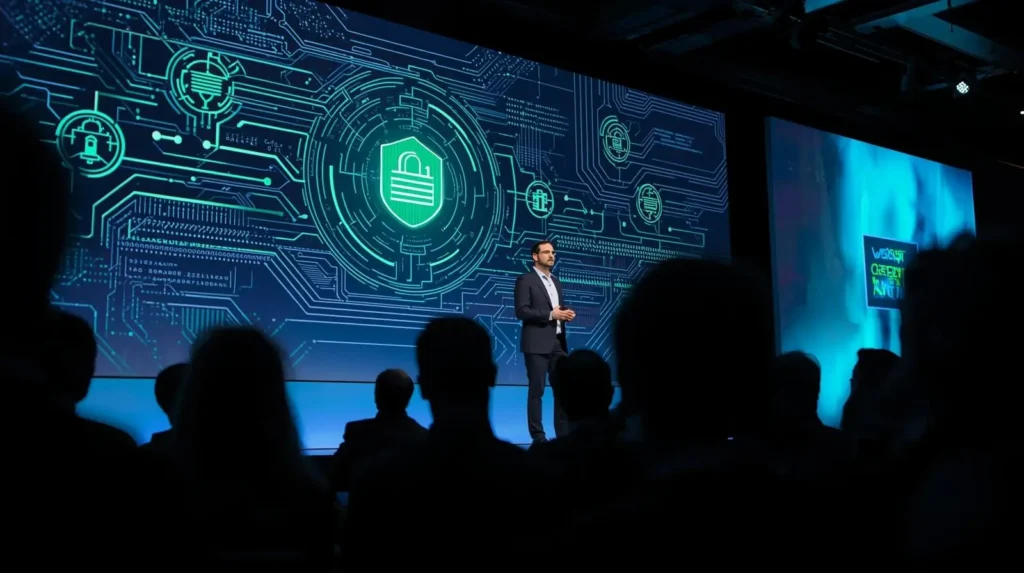
Best Artificial Intelligence Speakers for Cybersecurity Conferences (2026 Guide)
Quick Links Artificial Intelligence Speakers Healthcare Keynote Speakers Top Technology Speakers Innovation Speakers Leadership Speakers Future of Work Speakers Get Proposal (availability & fees) If you’re searching for the Best Artificial Intelligence Speakers for Cybersecurity...
Read More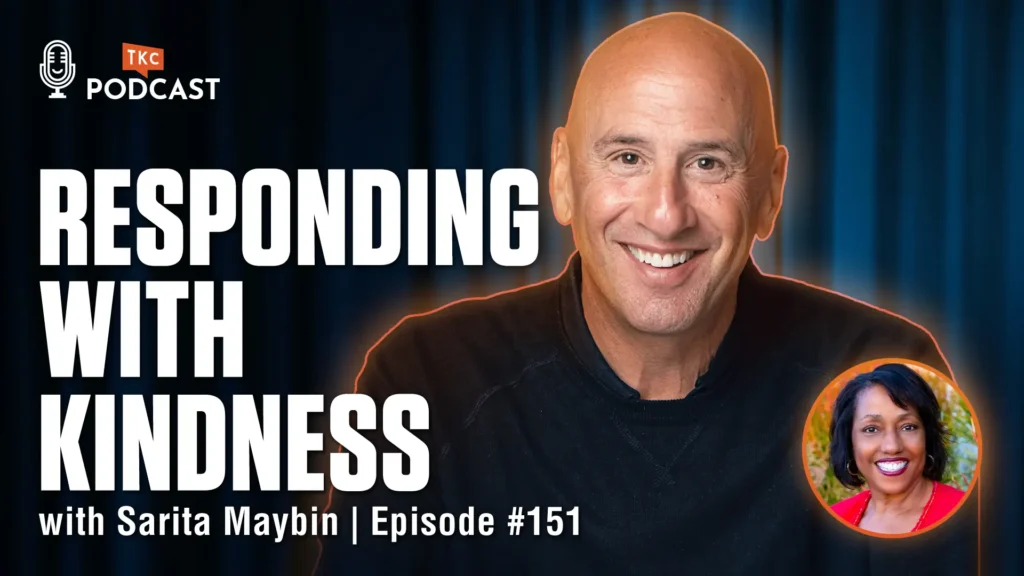
Communication Strategies from Sarita Maybin that Transform Workplace Conflict Into Collaboration
Why Your Team's Real Problem Isn't Strategy—It's Communication When was the last time a workplace conversation went sideways, not because of what was said, but how it was delivered? Most organizations pour resources into strategic...
Read More
The 2026 Keynote Speaker Lineup That Creates Real Momentum
If you're looking for a sign to power start your 2026, here it is: this is the year you stop negotiating with your potential. January arrives packed with goals, spreadsheets, and ambitious plans. However, goals...
Read More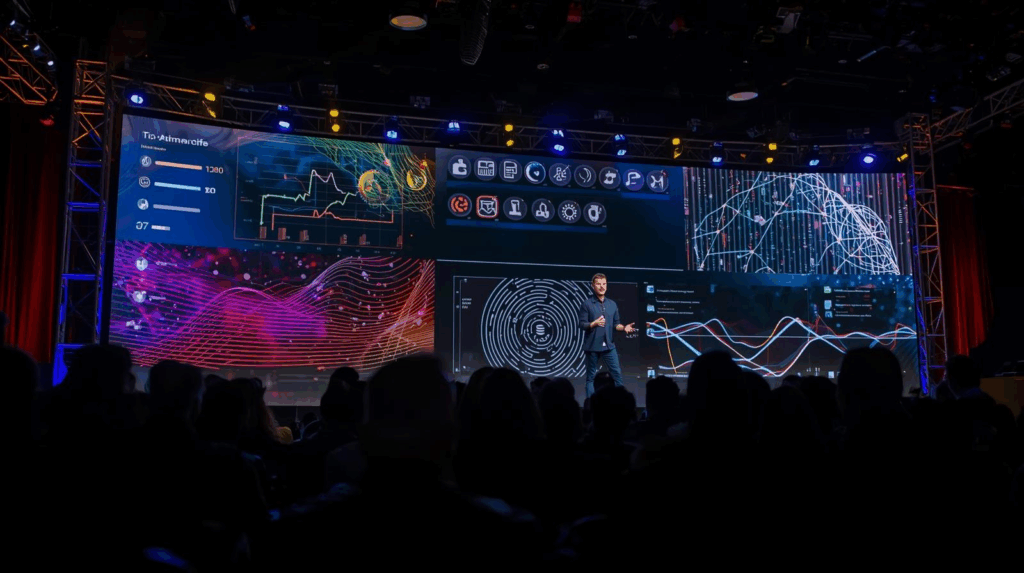
Best Artificial Intelligence Speakers for Technology (SaaS) Conferences (2026 Guide)
Quick Links Artificial Intelligence Speakers Healthcare Keynote Speakers Top Technology Speakers Innovation Speakers Leadership Speakers Future of Work Speakers Get Proposal (availability & fees) This guide features the Best Artificial Intelligence Speakers for Technology (SaaS)...
Read MoreRelated STEM Speakers
Get in TouchContact US
Fill out the form so we can best understand your needs.
A representative from The Keynote Curators will reach out to you.

